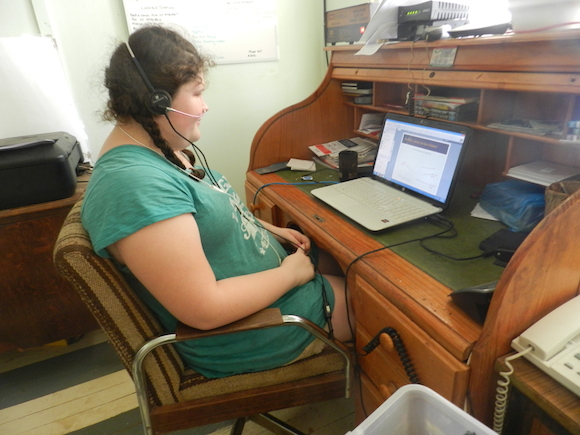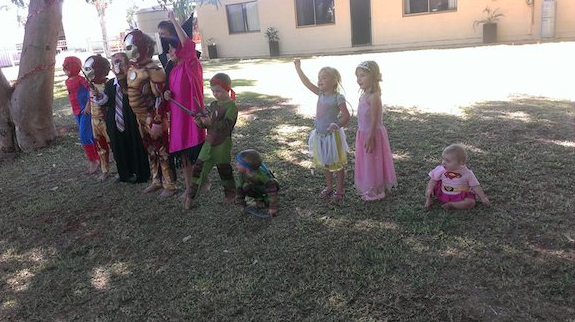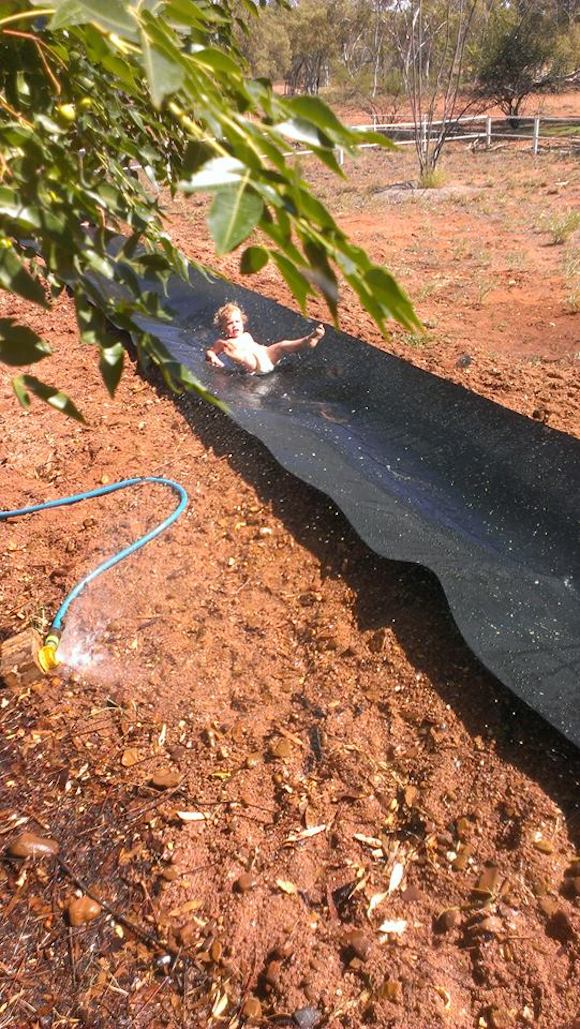Socialising and schooling in the outback
Host: Manners Creek Station
Written by Jodie Grant – Manager, Manners Creek Station.
One very common topic when talking with people unfamiliar with outback living is having children in the middle of no where. Common comments are ‘but it’s not fair on the children’, ‘they can’t go to school’, ‘they will be disadvantaged with home schooling’, ‘they can’t have a social life’, and ‘children need to socialise with children their own age’. Trust me I have heard it all when it comes to what we are doing supposedly wrong by raising our children 300 hundred kilometres from town and socialisation. Education is just the start of how our family is supposedly suffering – health and welfare is a whole other blog in itself!
What gets me is that we aren’t even talking about people educated on the area with an understanding of how everything works out here and that there are systems and programs in place for socialisation and education for outback children. We are talking about city people that just because we don’t live the same way they do all of a sudden we are immediately in the wrong. Even recently something was brought to my attention not directed at remote families as such but books written on the topic of how home schooling your child is detrimental to them.
What I noted after spending my entire life living in the city and then moving out to a cattle station is the social side – families may be hundreds of kilometres apart but the effort is made from time to time to have a really good catch up, OK, so maybe not every week but it does happen.
When I lived in the city is was an effort for good friends to drive ten kilometres to say g’day. People are either too busy, too tired, too far to travel there is always a reason they can’t. You may see hundreds of people in a day but how many of them do you actually really talk to, everyone just rushes past each other and doesn’t stop to get to know each other. Out here you have staff on your station who become part of your family you live together, work together, eat together . . . beyond that your neighbouring stations become your mates and regardless you always help each other out.
On a visit back to Melbourne once we come across a lady with a flat battery who needed jumper leads, I didn’t have any in my car (my bad) nor did any of the thirty odd cars she had pulled over and asked prior to asking us, however five kilometres down the road was a servo where we could buy some from. We jumped in the car, brought some leads and jump started her . . . this poor lady who had been stranded with young children for over an hour and no one thought to go buy a set, she was gobsmacked with our generosity when we thought nothing of it. Out here people travel hundreds of kilometres to help someone so out a five minute trip to grab a pair of jumper leads was nothing at all. These are the values we are instilling in our kids and goes beyond how many kids they played with each day and how they did their schooling.
There are brilliant services that help bring station children together – they run outback playgroups and we are lucky enough to have two services like this. Being on the border of QLD/NT we have access to both services they fly/drive out to the stations and every month or so a station hosts the play group and nearby station families travel out while the kids are occupied the parents can have a bit of a catch too. These play groups may be a 400km or more drive but you put in the effort and get the rewards.
School of the air is set up great the children honestly don’t miss a thing. Emily attends Mount Isa School of the Air which is a combination of phone and computer they have their classes over the phone, however they have slide shows and information come up on the computer. They have chat boxes to enable them to talk in a group, individually to students or individually to the teacher, if you sit through a class they have their own fair share of general chatting between class mates when they should be concentrating on their school work!
They have school days or multi school for secondary students where they go away for school they live on the school campus with normal class room classes and social activities at night. They have their normal school camp and other school events where everyone gets together.
I don’t think how your children are educated or where they live should be looked on negatively you pick what best suits your family’s needs and it is really the values you instil in your children, the attitude they have in life, the respect they have for others that’s important.
Station kids from stations up to 500km apart get together to share a super hero birthday party our little Willow is sitting on the very end . . .





